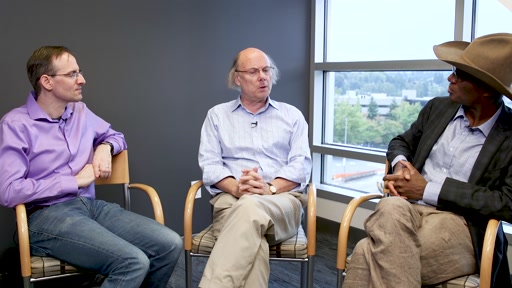2017 Albuquerque ISO C++ Committee Reddit Trip Report
Another report:
2017 Albuquerque ISO C++ Committee Reddit Trip Report
From the article:
The ISO C++ Committee met in Albuquerque, New Mexico, USA last week to continue work on C++ Technical Specifications and the next International Standard, C++20. C++17 is done; the final version was sent to ISO for publication in September. We started to firm up the schedule and feature set for C++20 at this meeting; we're hoping to land most of the major features by the first meeting of 2019...

 Another great interview!
Another great interview! Did you miss Cppcon?
Did you miss Cppcon?